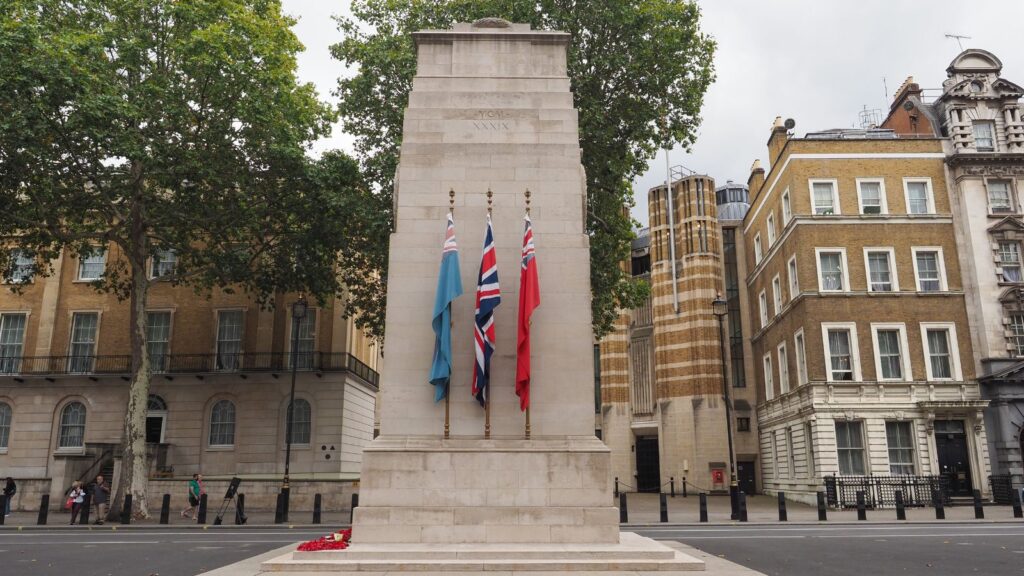Monuments are meant to honour history, but they can also stir up strong emotions. The UK, with its long and complex past, is home to several statues and memorials that have sparked heated debates.
Cecil Rhodes Statue, Oxford
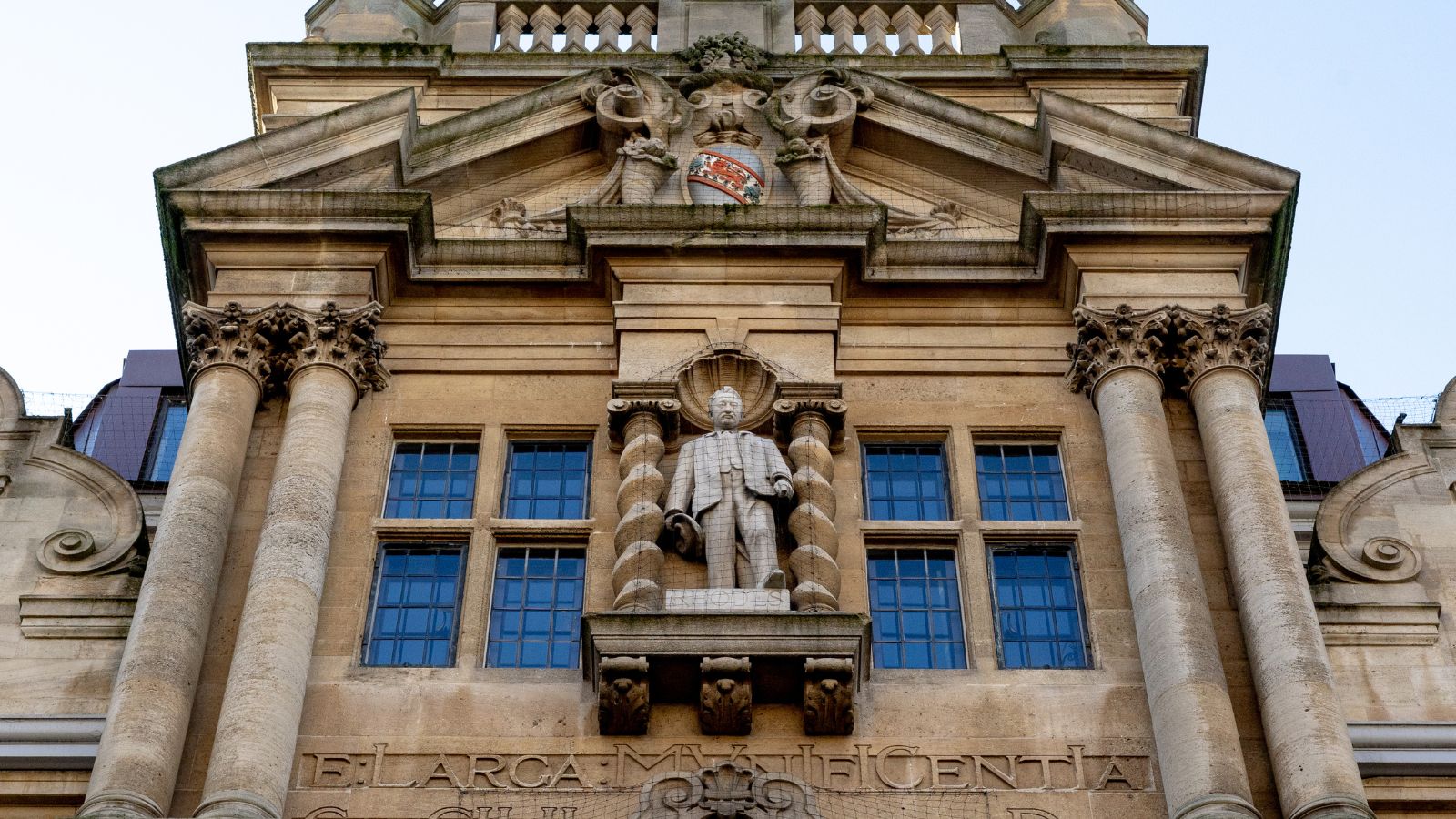
One of the most talked-about statues in recent years is the statue of Cecil Rhodes at Oriel College, Oxford. Rhodes was a 19th-century imperialist whose legacy is deeply tied to British colonialism, particularly in Africa, and many argue that the statue symbolises the glorification of colonialism and racism.
Colston Statue, Bristol
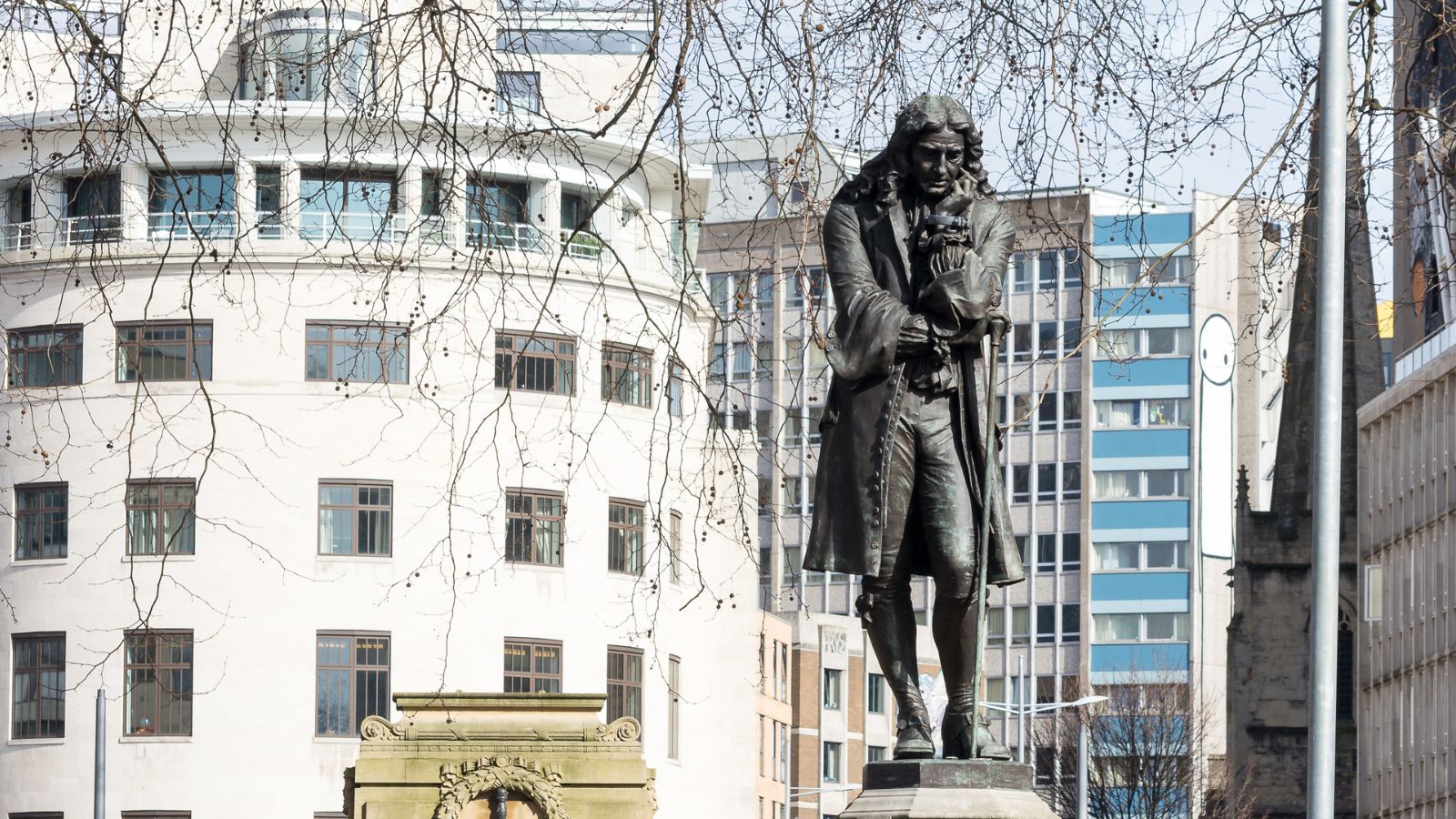
The statue of Edward Colston in Bristol became infamous in June 2020 when it was toppled and thrown into the harbour by Black Lives Matter protesters. Colston was a 17th-century merchant and philanthropist, but his wealth was built on the transatlantic slave trade.
Nelson’s Column, London
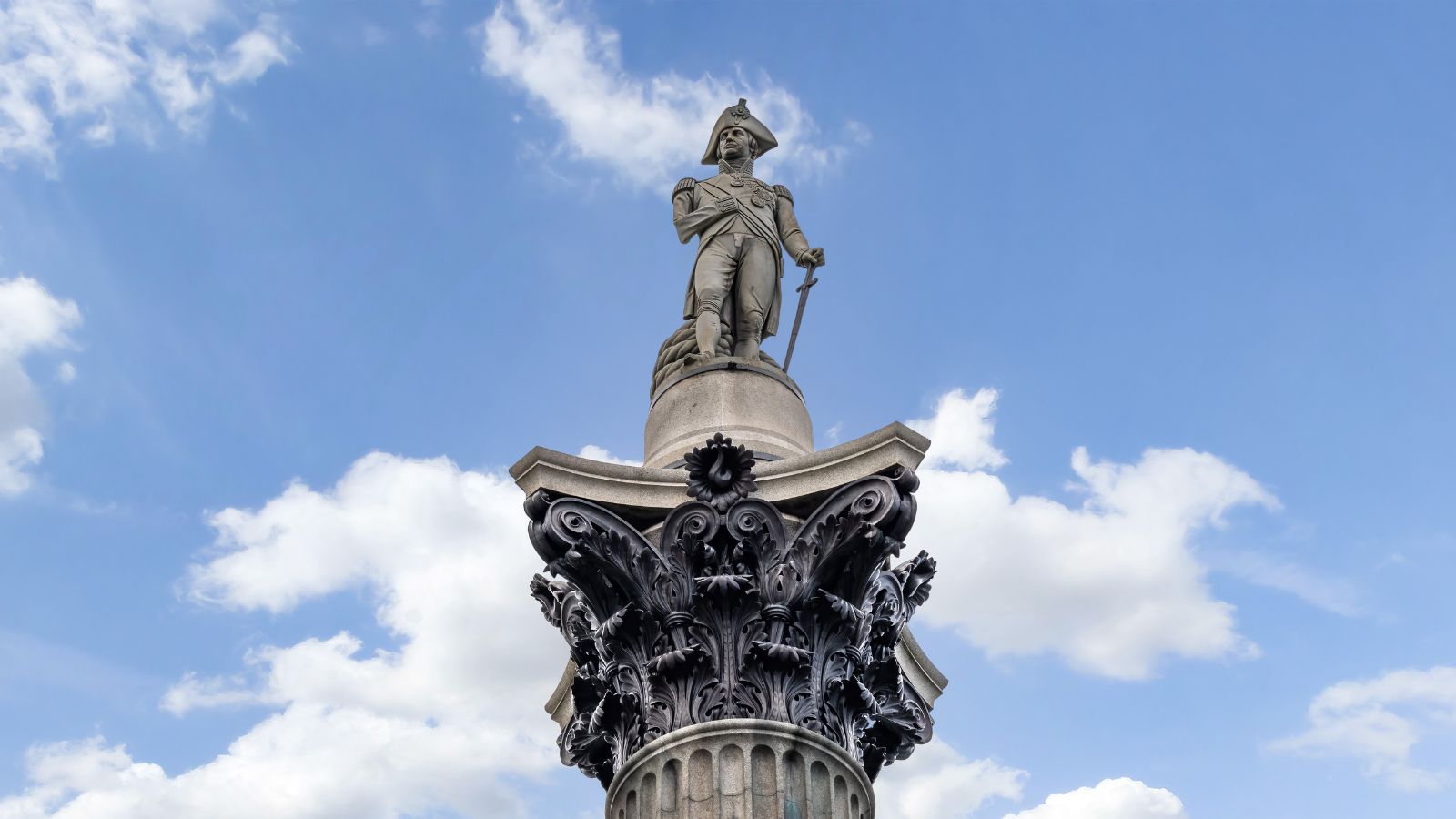
Standing tall in Trafalgar Square, Nelson’s Column is one of London’s most iconic landmarks; however, some have called for it to be reconsidered due to Admiral Horatio Nelson’s opposition to the abolition of the slave trade. Nelson is celebrated as a national hero for his naval victories, but his views on slavery have led some to question whether he should continue to be honoured.
Churchill Statue, London
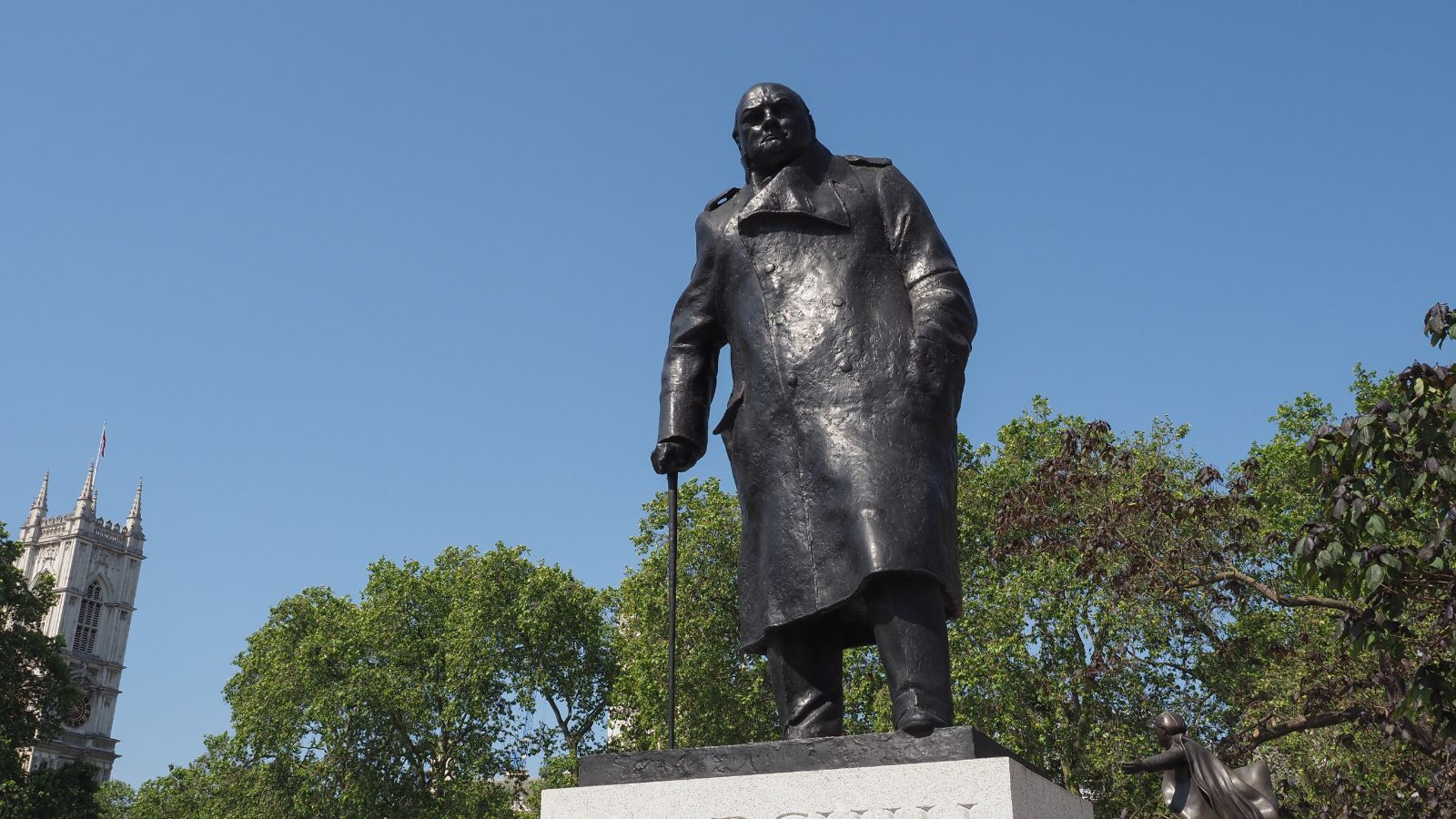
Winston Churchill’s statue in Parliament Square is another focal point of controversy. Churchill is widely revered as the leader who guided Britain through World War II, but his legacy is complicated by his views on race and empire, and critics point to his comments on race and his role in the Bengal Famine.
Robert Clive Statue, Shrewsbury
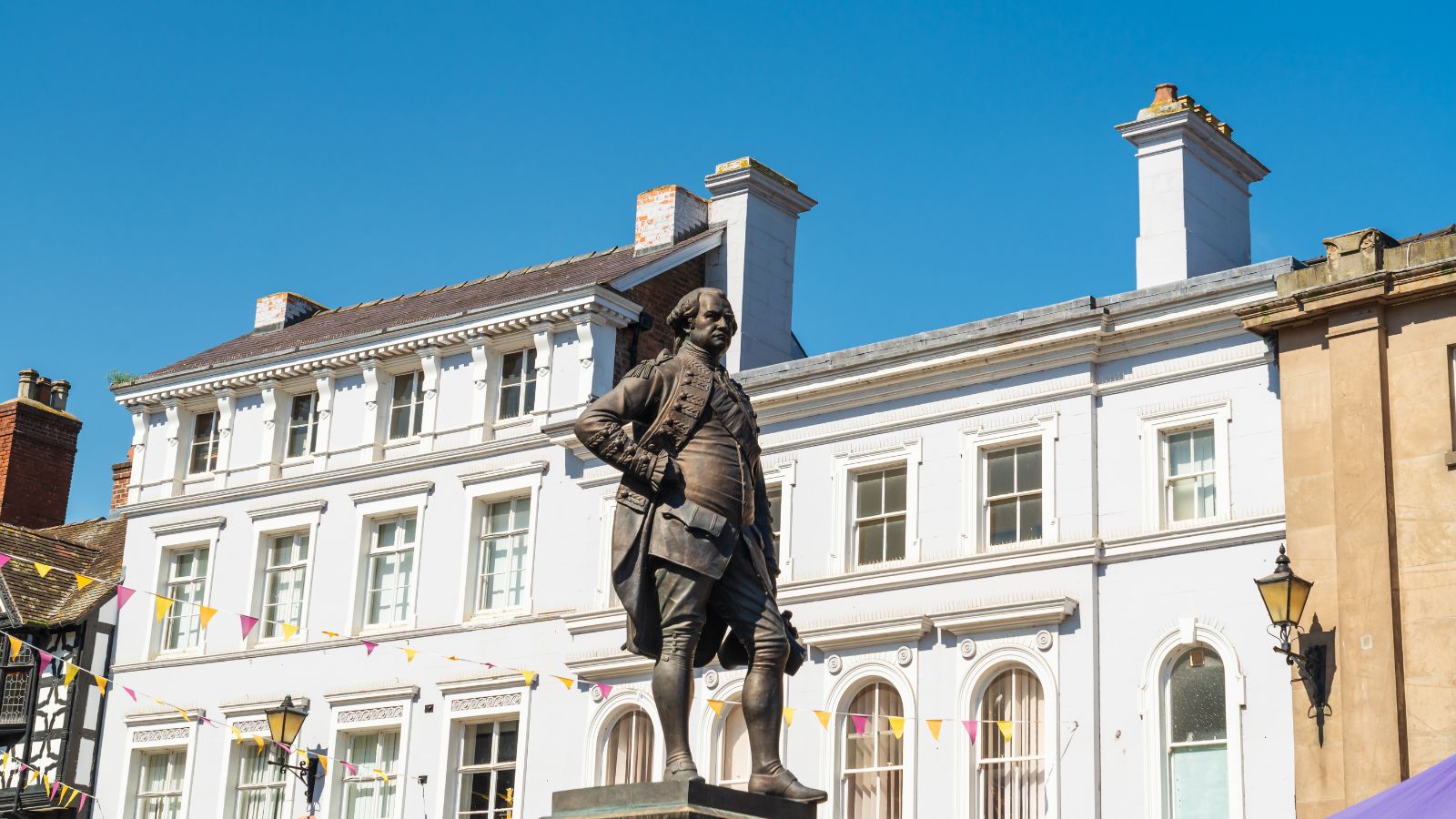
Also known as Clive of India, Robert Clive played a significant role in establishing British rule in India. His statue in Shrewsbury has been a point of contention, as many view Clive’s actions as the foundation of a brutal colonial regime.
Bomber Command Memorial, London
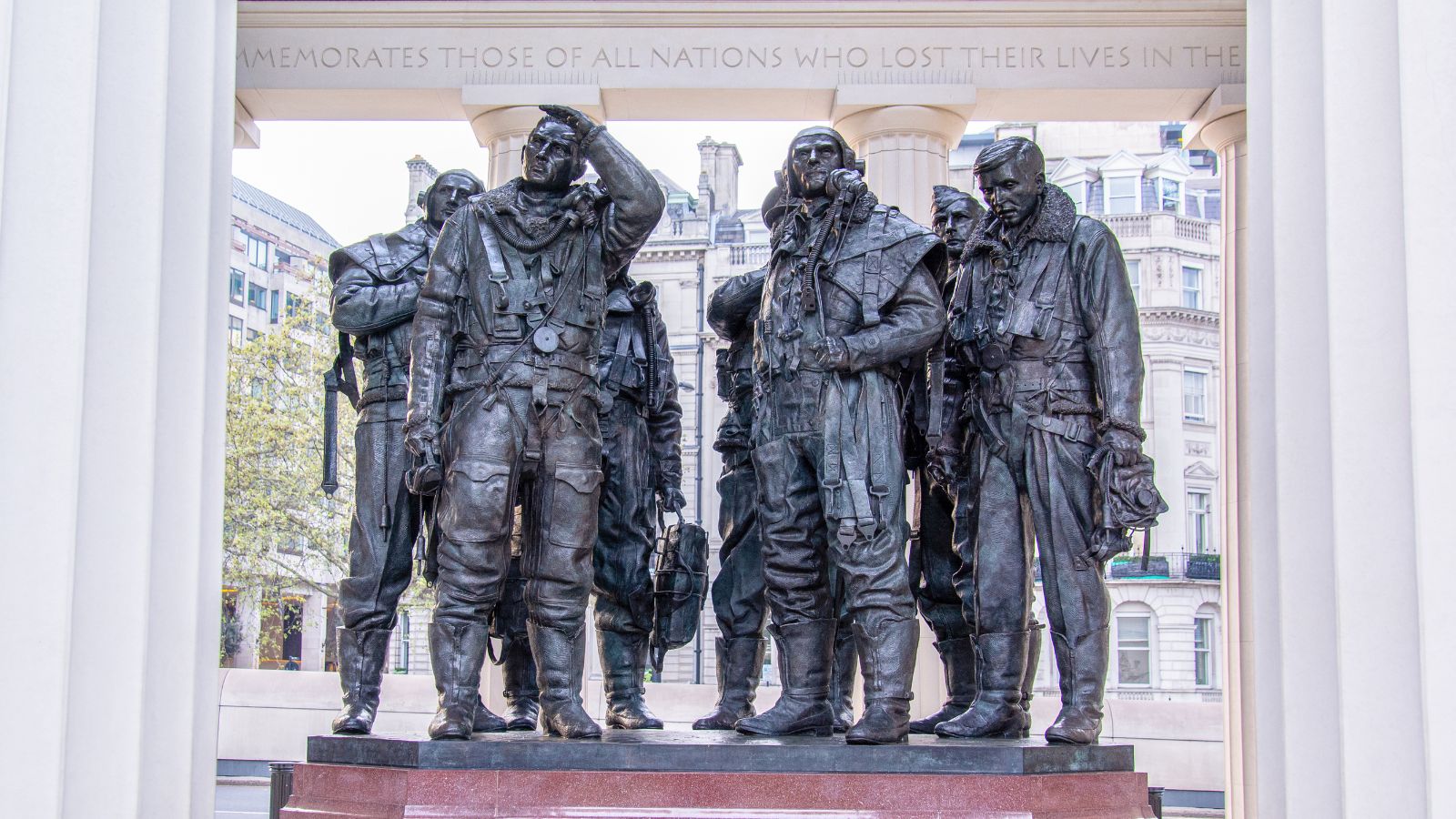
The Bomber Command Memorial in Green Park, London, honours the RAF’s Bomber Command crews who served during World War II, but it has faced criticism for glorifying a campaign that resulted in massive civilian casualties, particularly in Germany. Critics argue that the monument overlooks the moral complexities of the bombing campaigns.
Thatcher Statue, Grantham
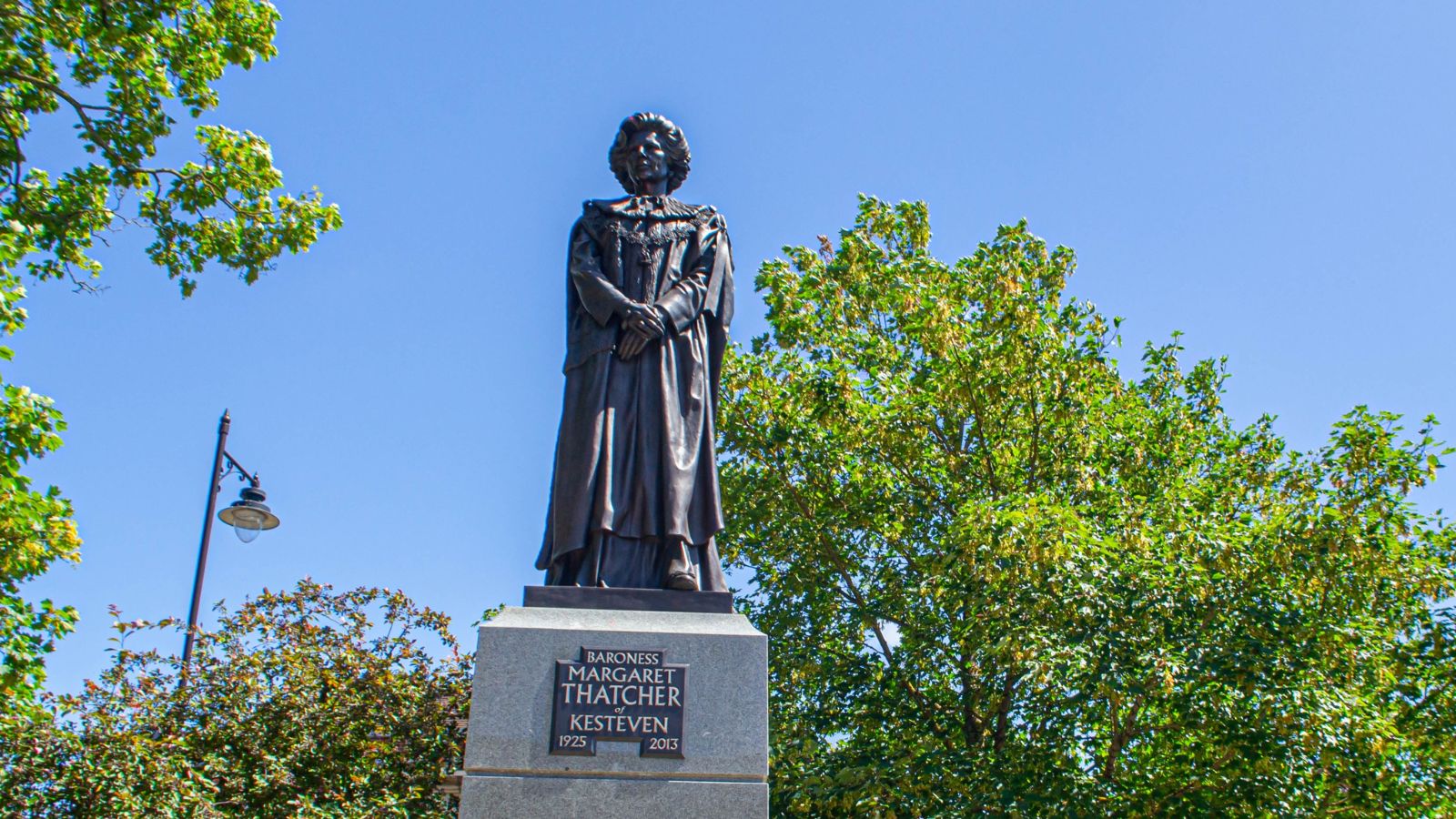
A monument of Margaret Thatcher was erected in her hometown of Grantham, but it has not been without controversy. Thatcher, the UK’s first female Prime Minister, remains a deeply polarising figure thanks to her economic policies, particularly those related to industry and trade unions.
The Cenotaph, London
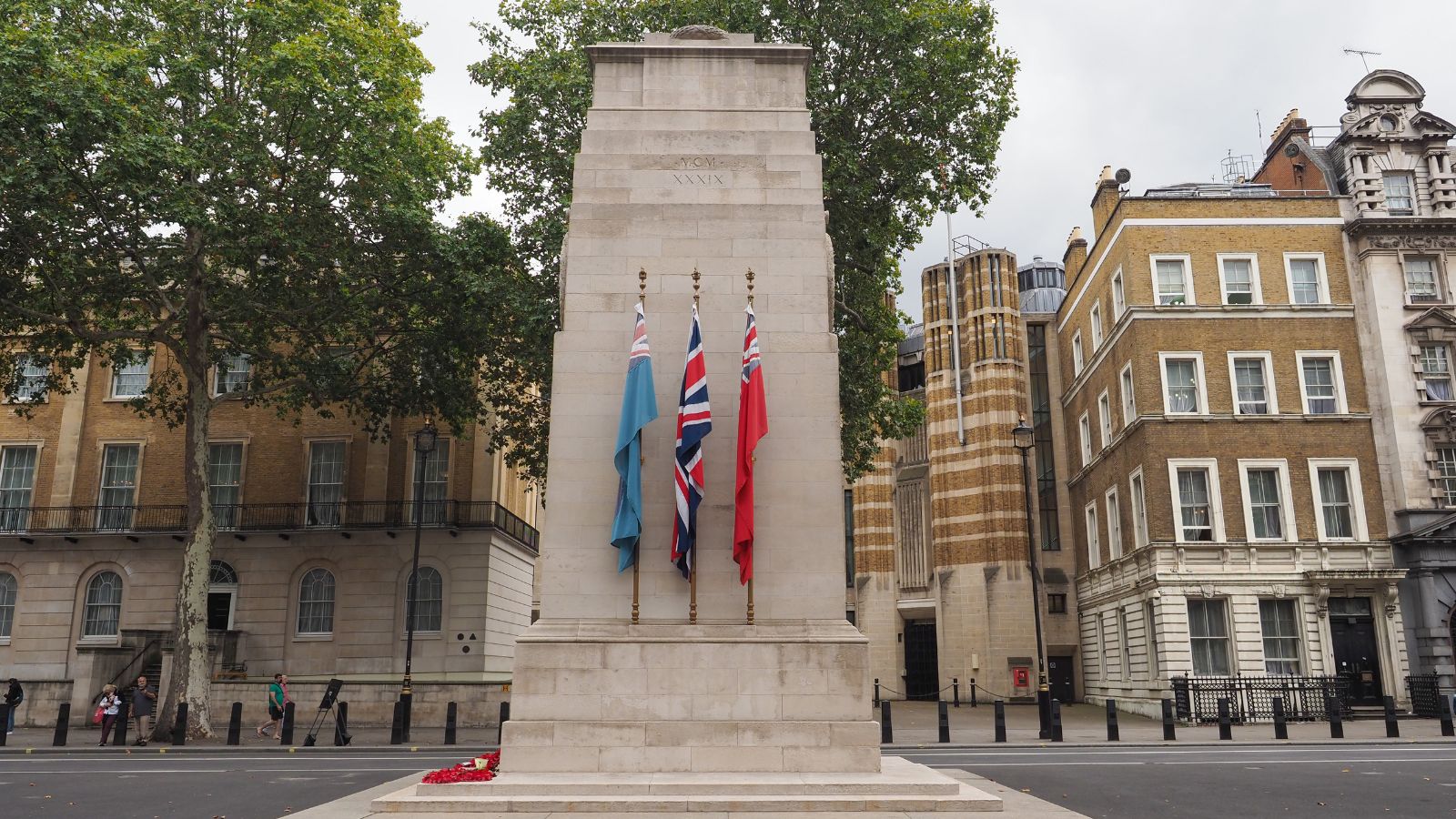
The Cenotaph in Whitehall is the UK’s primary war memorial, dedicated to British and Commonwealth military personnel who died in the two World Wars and later conflicts. While it is a place of solemn remembrance, it has also been the site of protests and acts of defacement, particularly by those opposing war.
Boer War Memorial, Glasgow
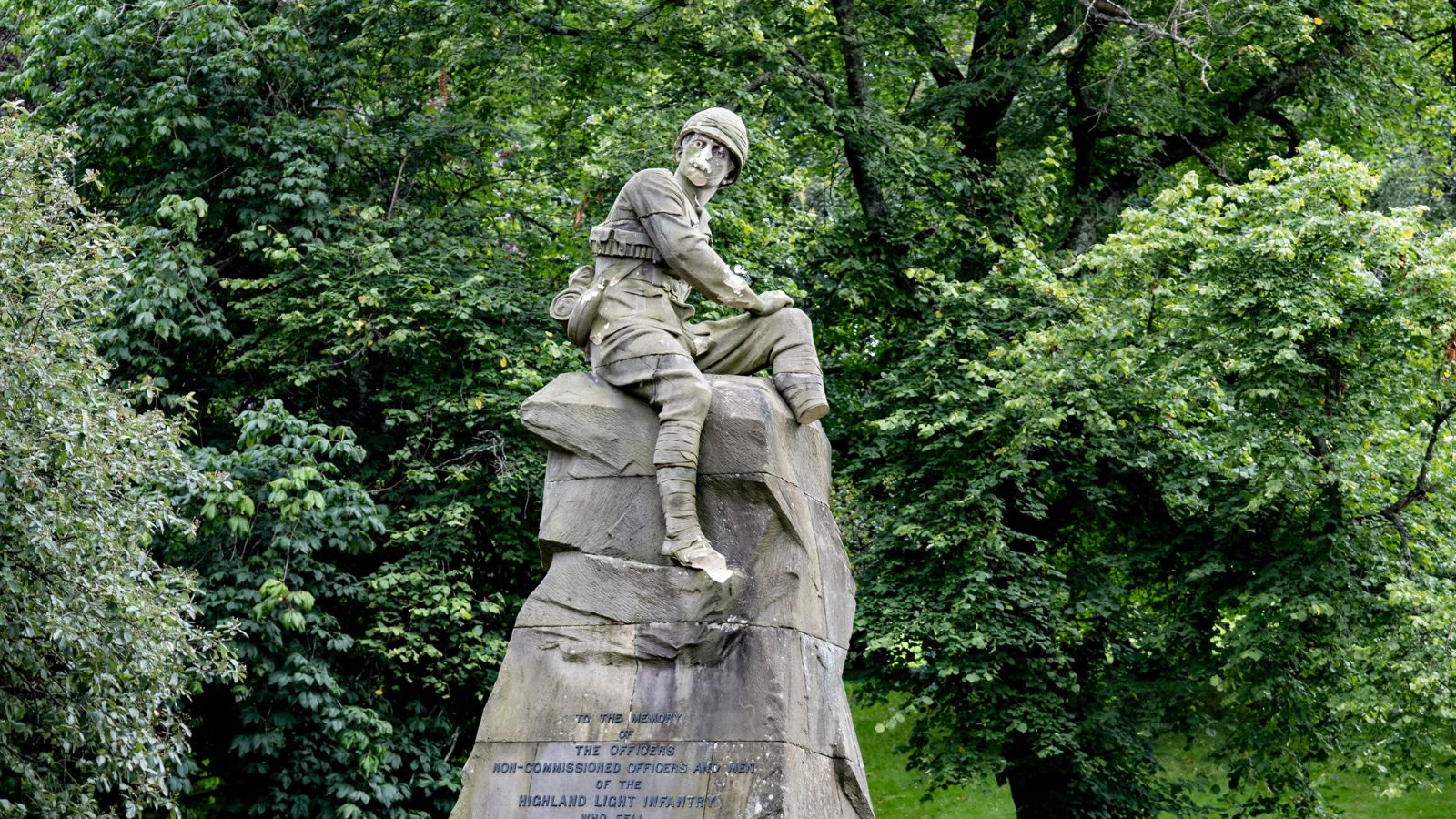
In Glasgow, the Boer War Memorial commemorates Scottish soldiers who fought in the Second Boer War, a conflict that was part of Britain’s imperial expansion in South Africa. The memorial has been criticised for celebrating a war that was deeply controversial, involving concentration camps and significant civilian suffering.
William Ewart Gladstone Statue, Hawarden
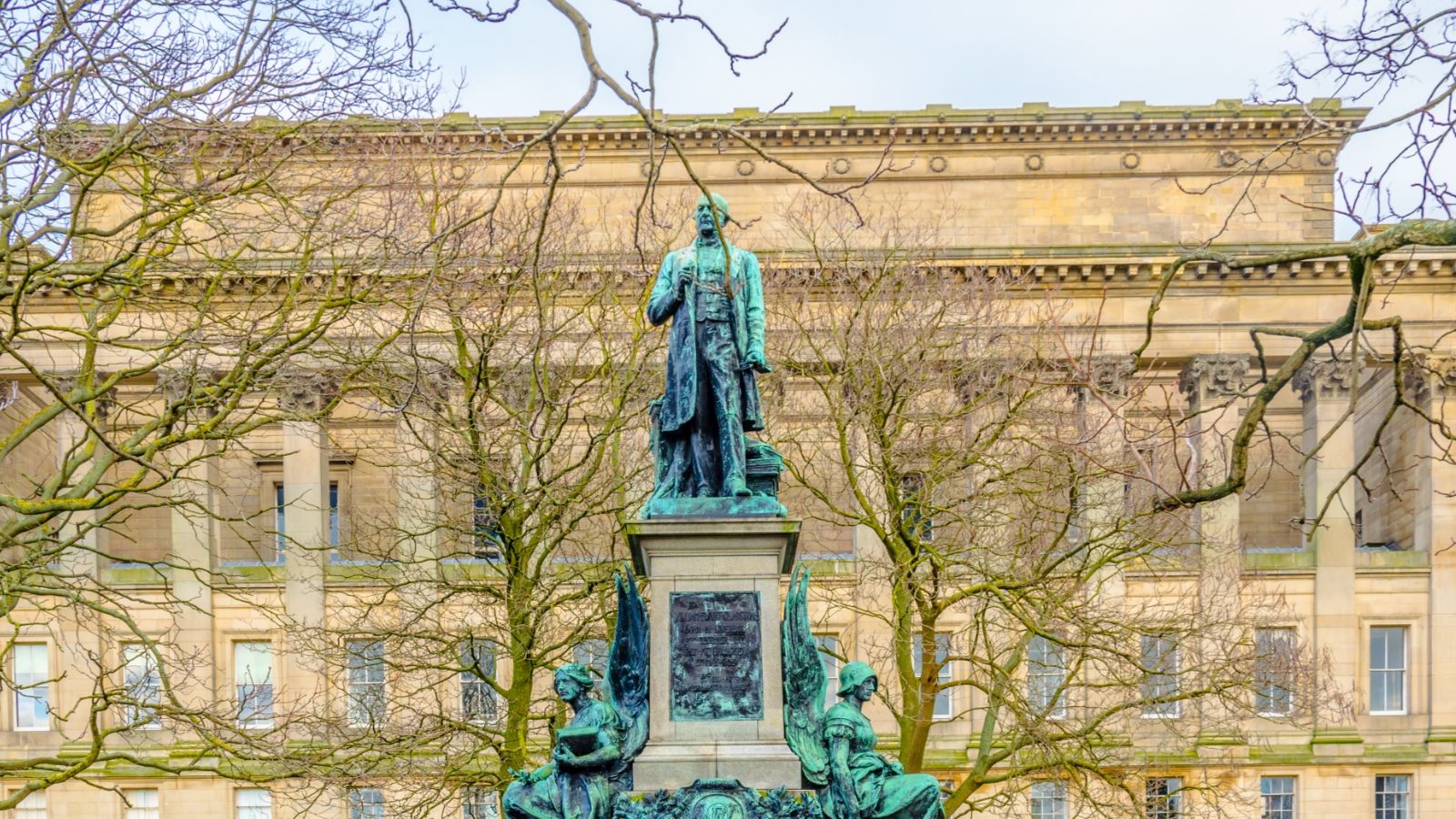
William Ewart Gladstone, a four-time Prime Minister of the UK, is remembered for his political reforms and advocacy for Irish Home Rule. However, his family’s wealth was partly derived from the transatlantic slave trade, leading to calls for his statues to be re-evaluated.
Earl Haig Statue, Edinburgh
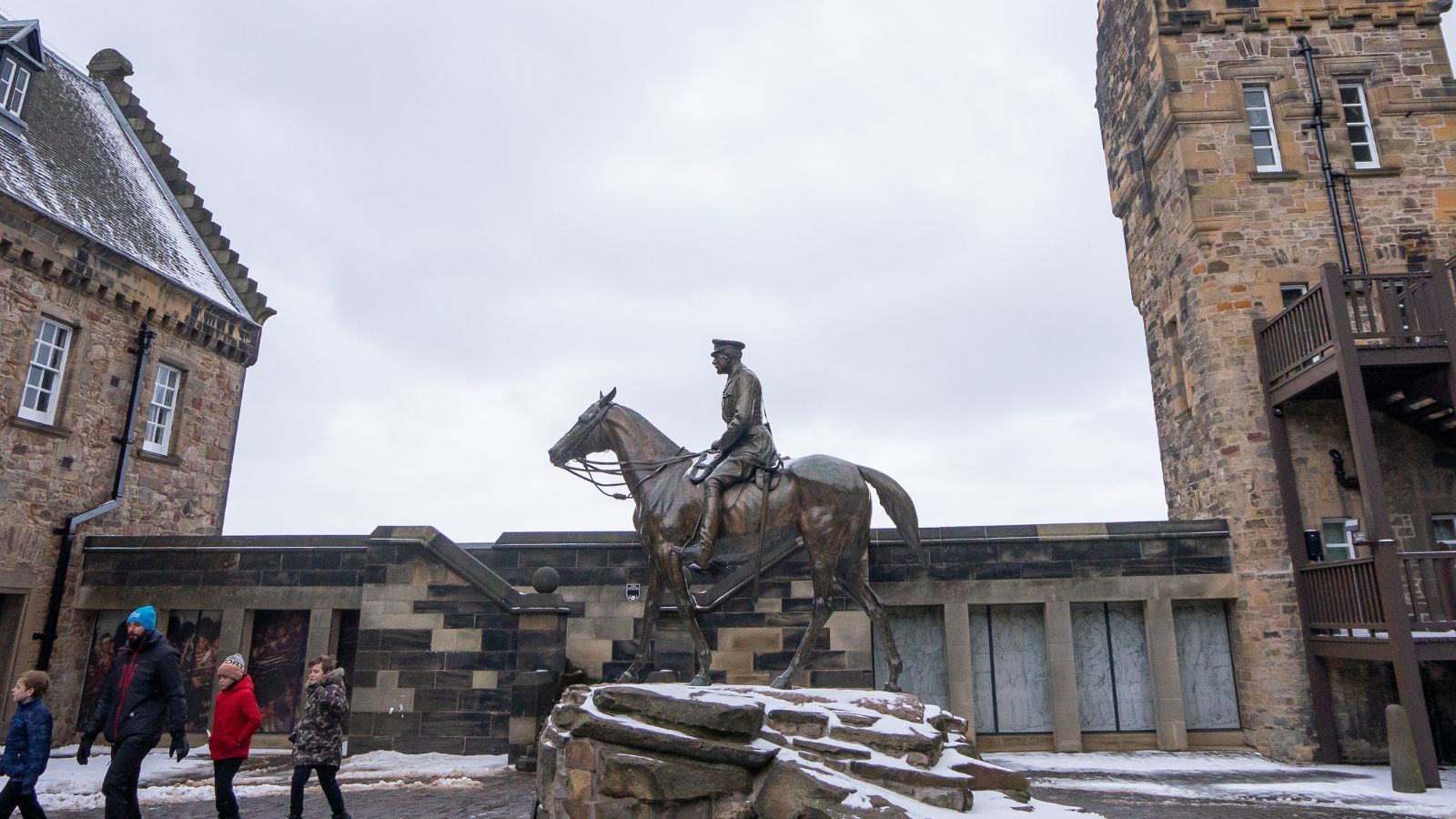
The statue of Field Marshal Earl Haig in Edinburgh honours his role as a senior commander during World War I, yet Haig’s leadership during the war—particularly during the Battle of the Somme—has been heavily criticised for the enormous loss of life. Some argue that the statue glorifies a military leader whose decisions led to unnecessary suffering.
The Mausoleum of Sir Francis Bacon, St Albans
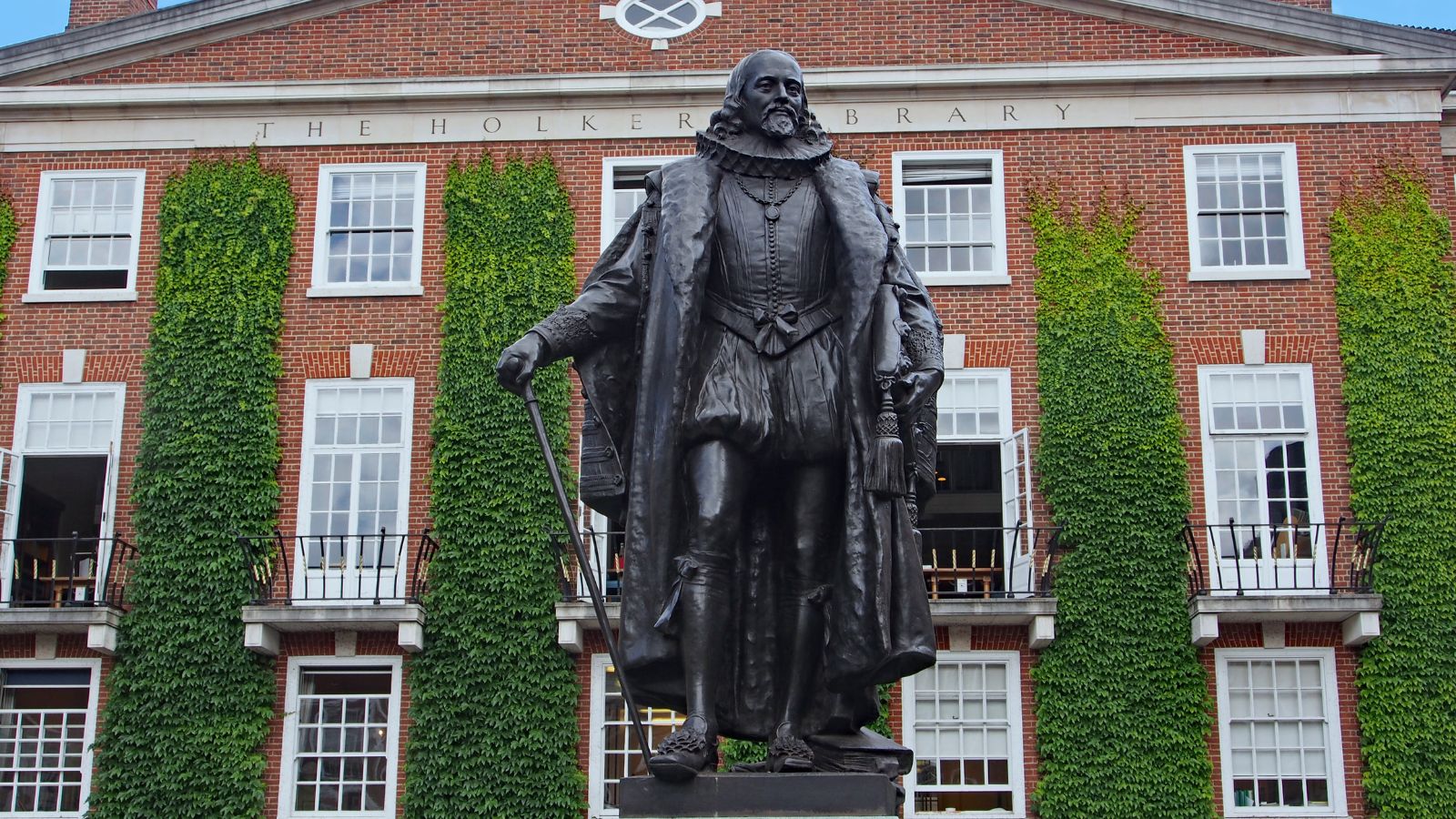
Sir Francis Bacon, a philosopher, statesman, and scientist, has a mausoleum in St Albans that has sparked debate due to Bacon’s alleged involvement in witch hunts and his controversial role in early colonial ventures. While Bacon is often celebrated as a father of empiricism and the scientific method, these darker aspects of his legacy have led to questions.
Highland Clearances Monument, Helmsdale
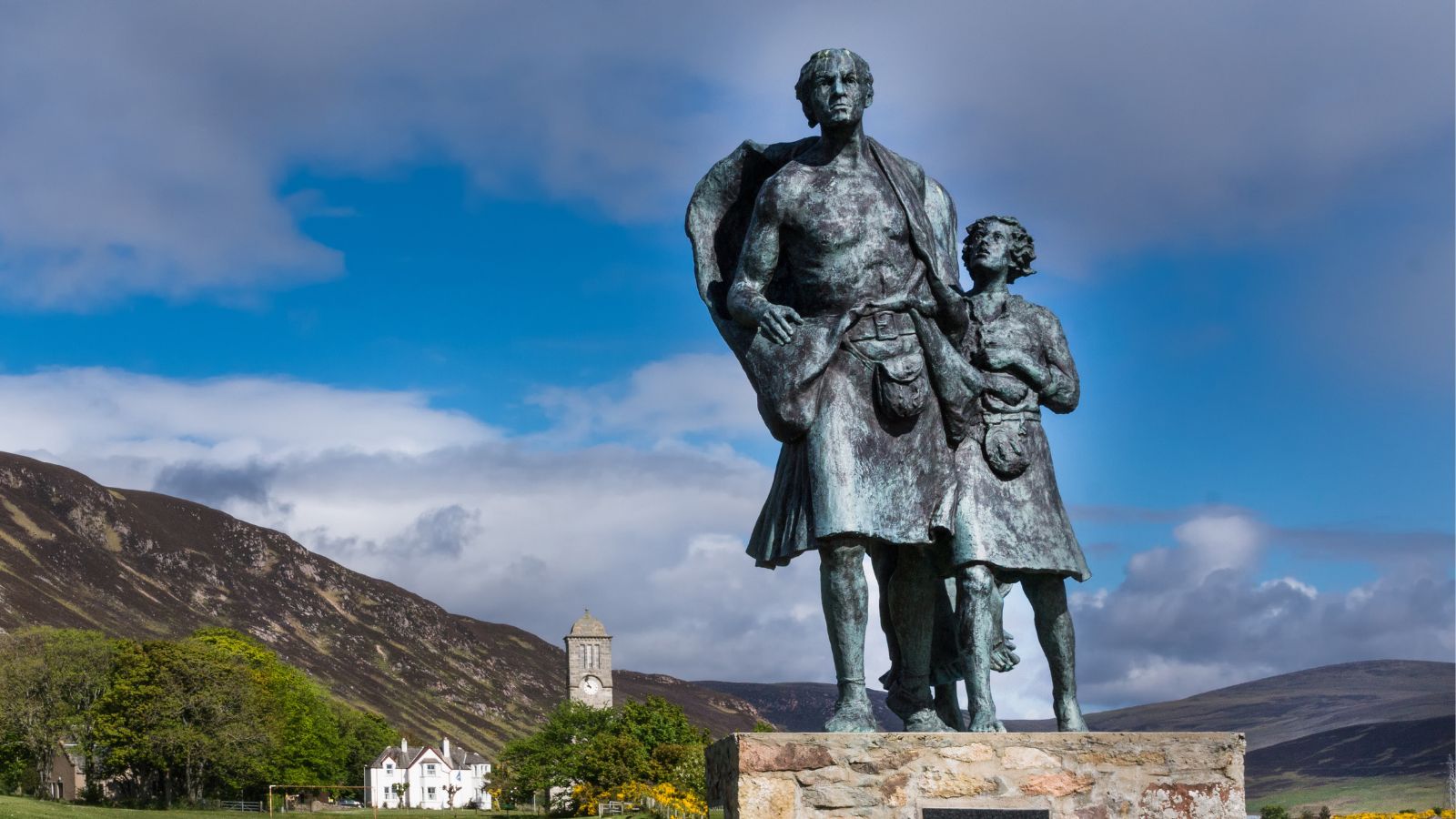
The Highland Clearances Monument in Helmsdale, Scotland, commemorates the forced evictions of people from the Scottish Highlands during the 18th and 19th centuries. While the monument is intended to honour the memory of those who suffered, it has also sparked debate about how this period of history is represented.
Richard I (Lionheart) Statue, London
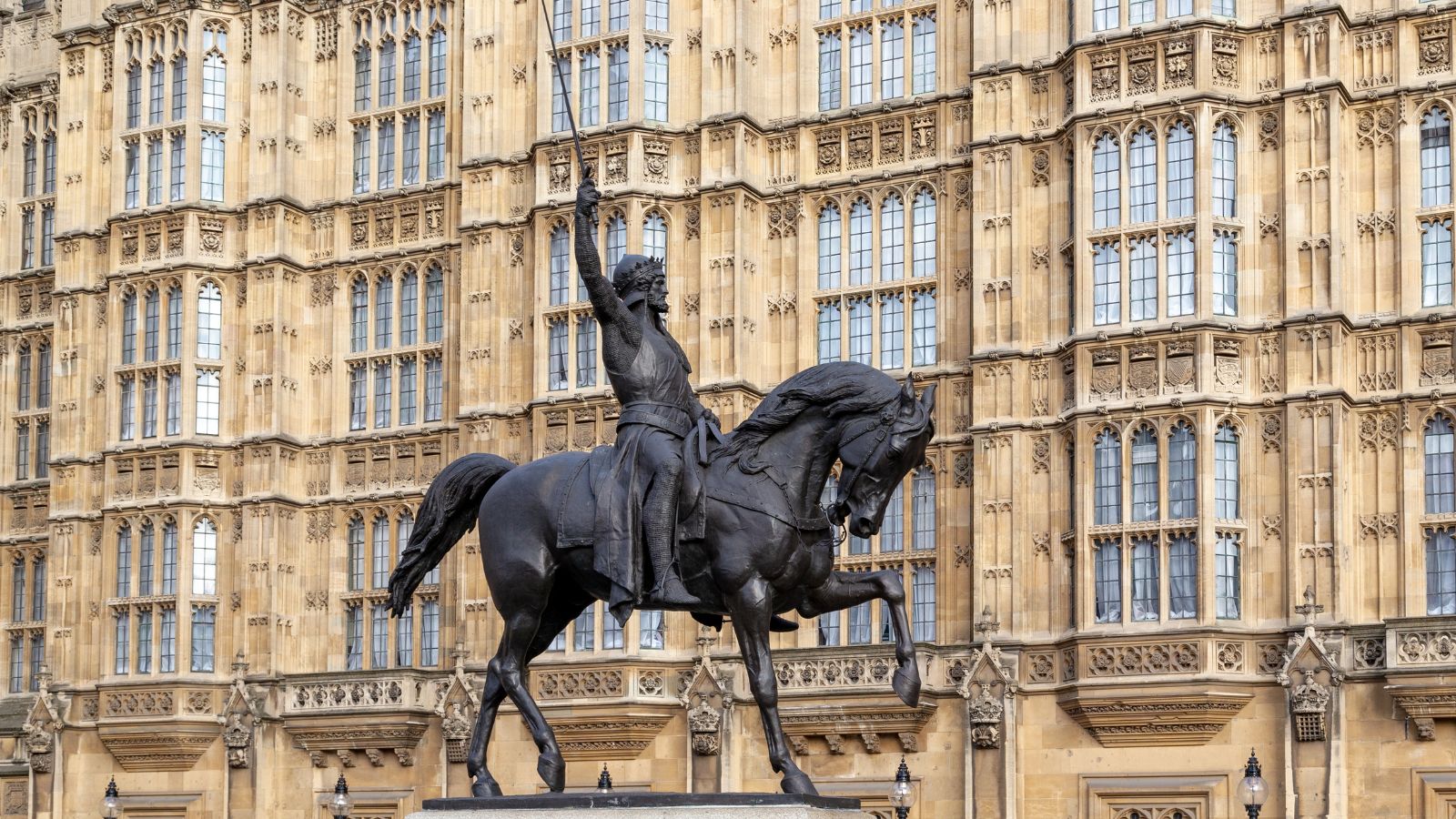
While Richard is often celebrated as a heroic figure, his involvement in the Crusades, which were marked by significant violence and religious intolerance, has led to questions about whether he should be honoured in such a prominent way. The statue serves as a reminder of the complexities of medieval history and how it is remembered in the modern world.
Cromwell Statue, Westminster
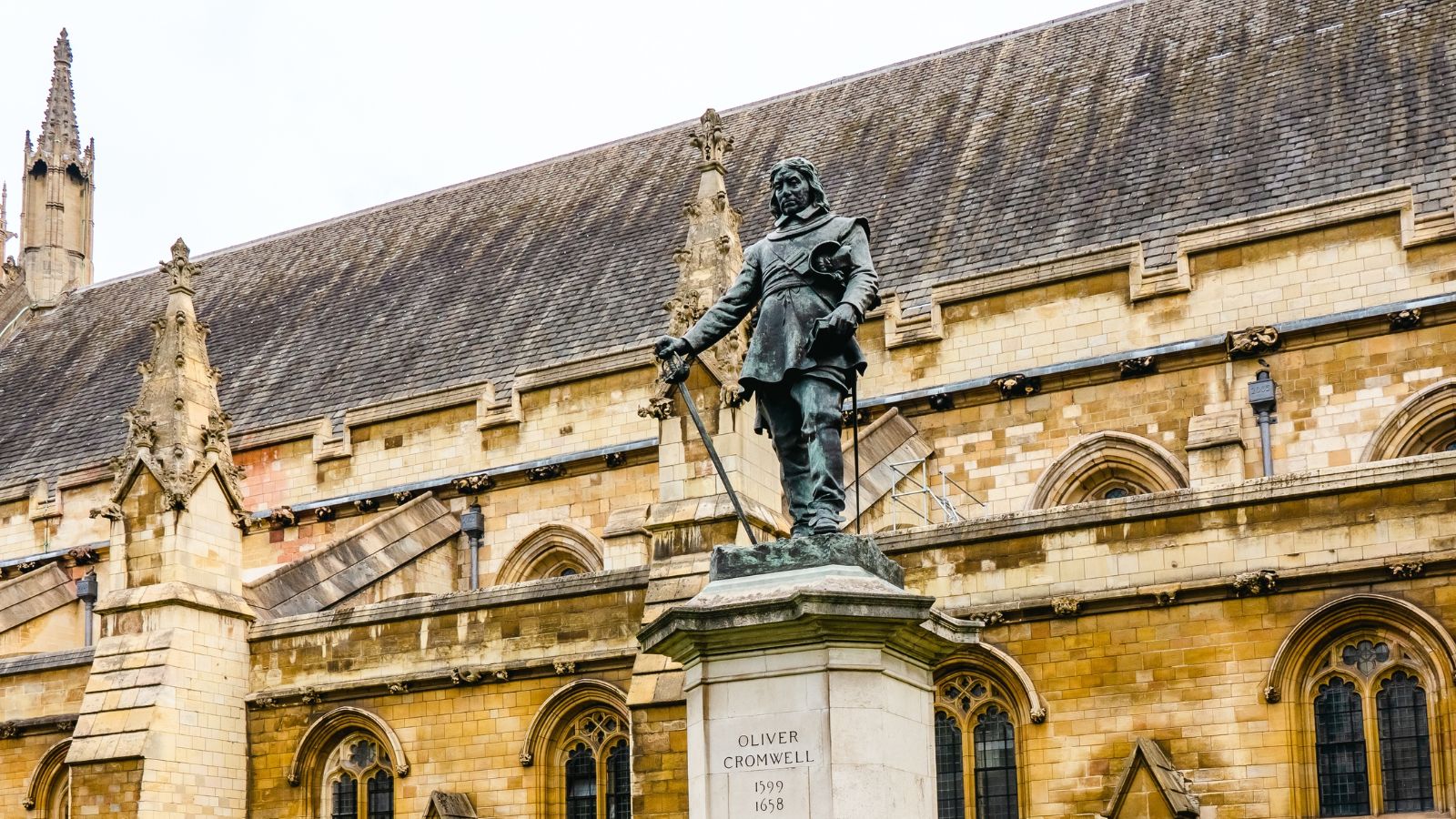
Cromwell was a key figure in the English Civil War and the subsequent establishment of the Commonwealth, but his rule was marked by harsh measures, including the conquest of Ireland, which resulted in widespread suffering. Supporters argue that Cromwell was a defender of parliamentary democracy, while critics highlight the darker aspects of his legacy.
Falklands Memorial, Portsmouth
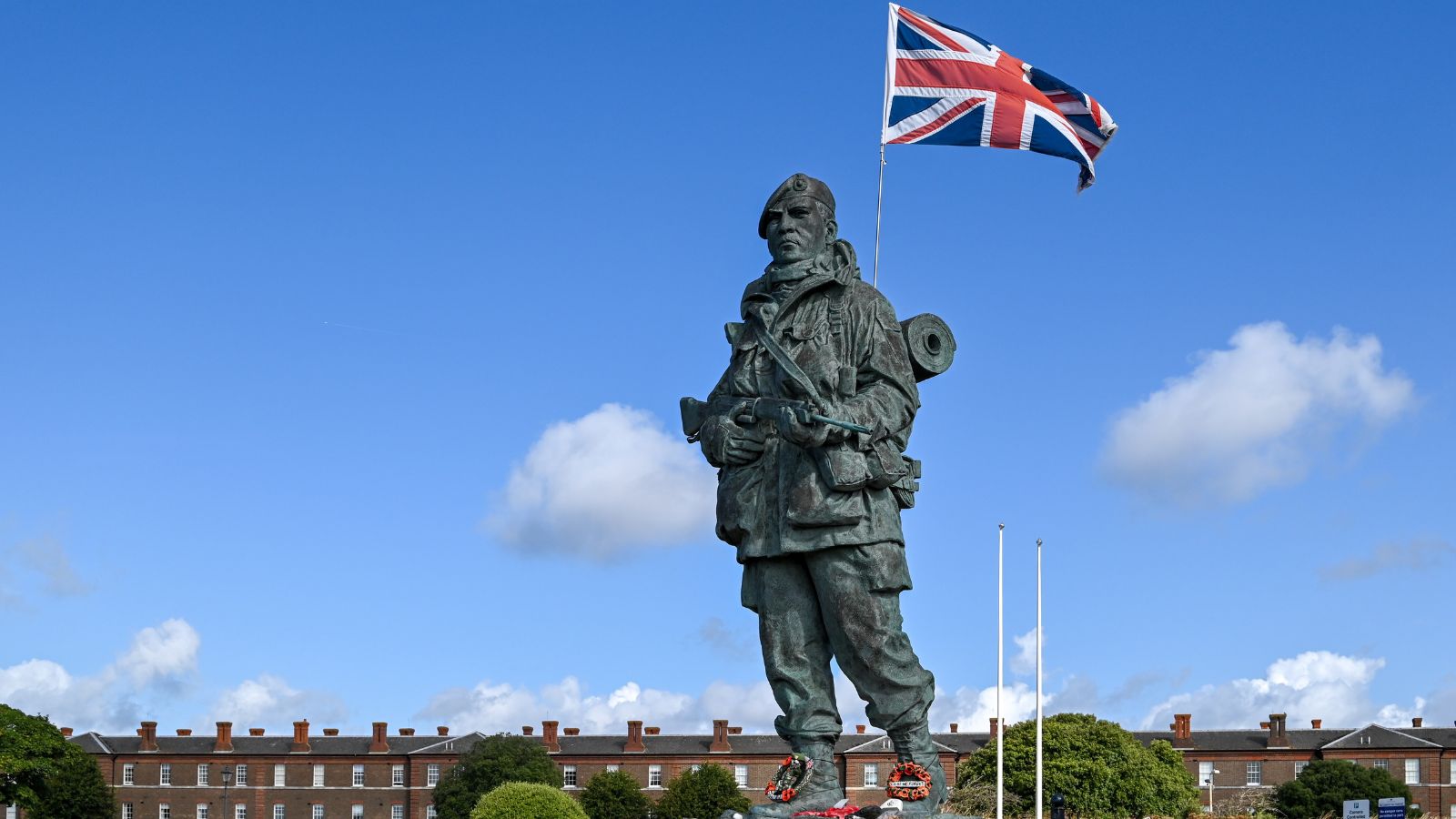
Honouring those who served in the Falklands War of 1982, the Falklands Memorial in Portsmouth is seen as a necessary tribute to the British forces, but the war itself remains controversial. This is particularly true in Argentina, which continues to claim the Falkland Islands.

